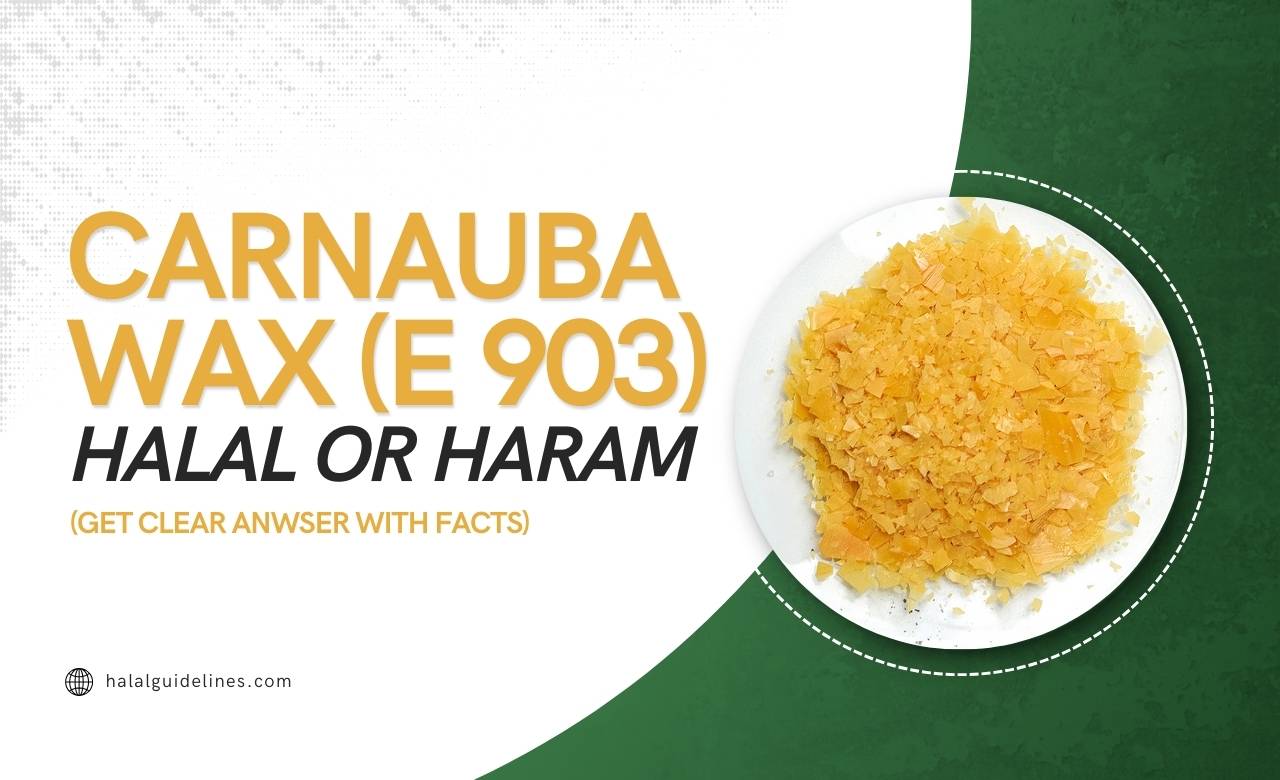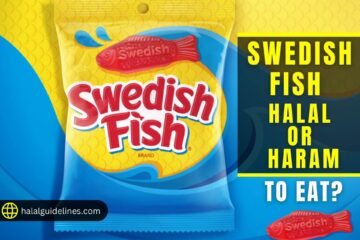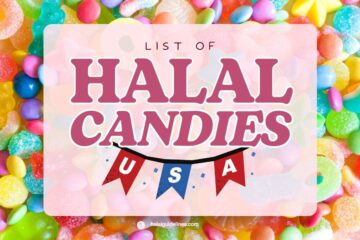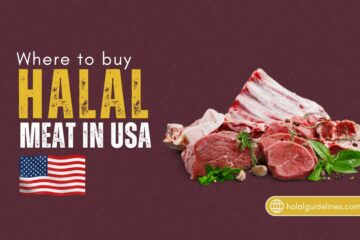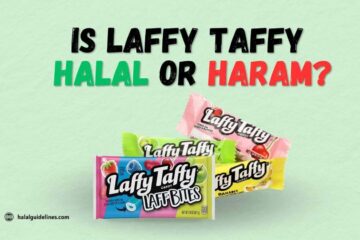Let’s understand what Carnauba Wax is, where it is used, and why it is considered halal according to Islamic guidelines:
What is Carnauba Wax (E 903)?
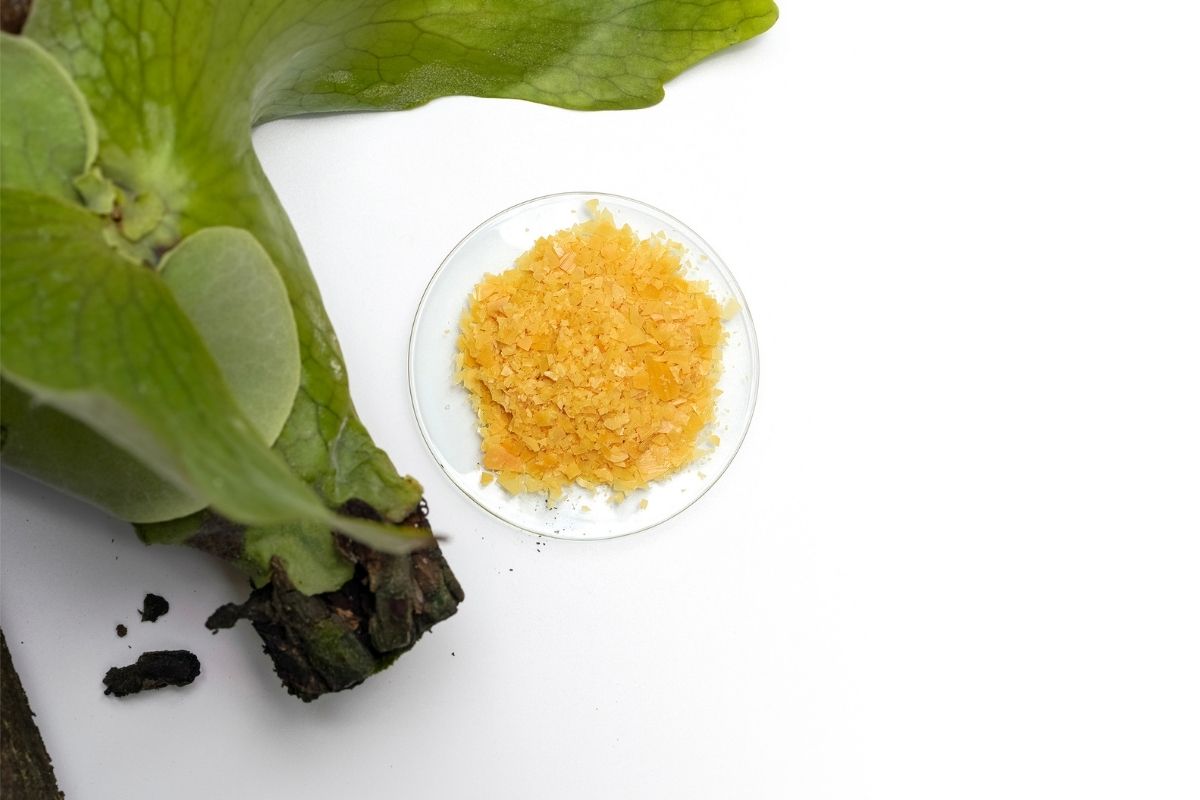
Carnauba wax is a yellowish-brown wax made from the leaves of the Copernicia prunifera palm, also known as the carnauba palm. Due to its high melting point and natural gloss, it is often called the “Queen of Waxes.”
The wax is harvested by drying the palm leaves and then beating them to release the wax, which is later refined and used in various products. Carnauba wax is labeled as E 903 in the food industry.
Where is Carnauba Wax Used?
Due to its glossy finish, hardness, and natural origin, carnauba wax is used in a wide range of products.
Some of the most common uses include:
- Food Coating: Adds shine and protection to candies, chewing gums, jelly beans, chocolates, and pills.
- Pharmaceuticals: Used to coat pills and tablets for easier swallowing.
- Cosmetics: Found in lipsticks, mascara, and creams due to its thickening and smoothening properties.
- Car and Furniture Polish: Adds shine and acts as a protective layer.
- Packaging and Coated Fruits: Provides a glossy layer over apples and other fruits to maintain freshness.
Because of its natural and non-toxic nature, it is a popular choice across many industries.
- You can also check out more Halal or Haram E Code from here
Why is Carnauba Wax (E 903) Halal?
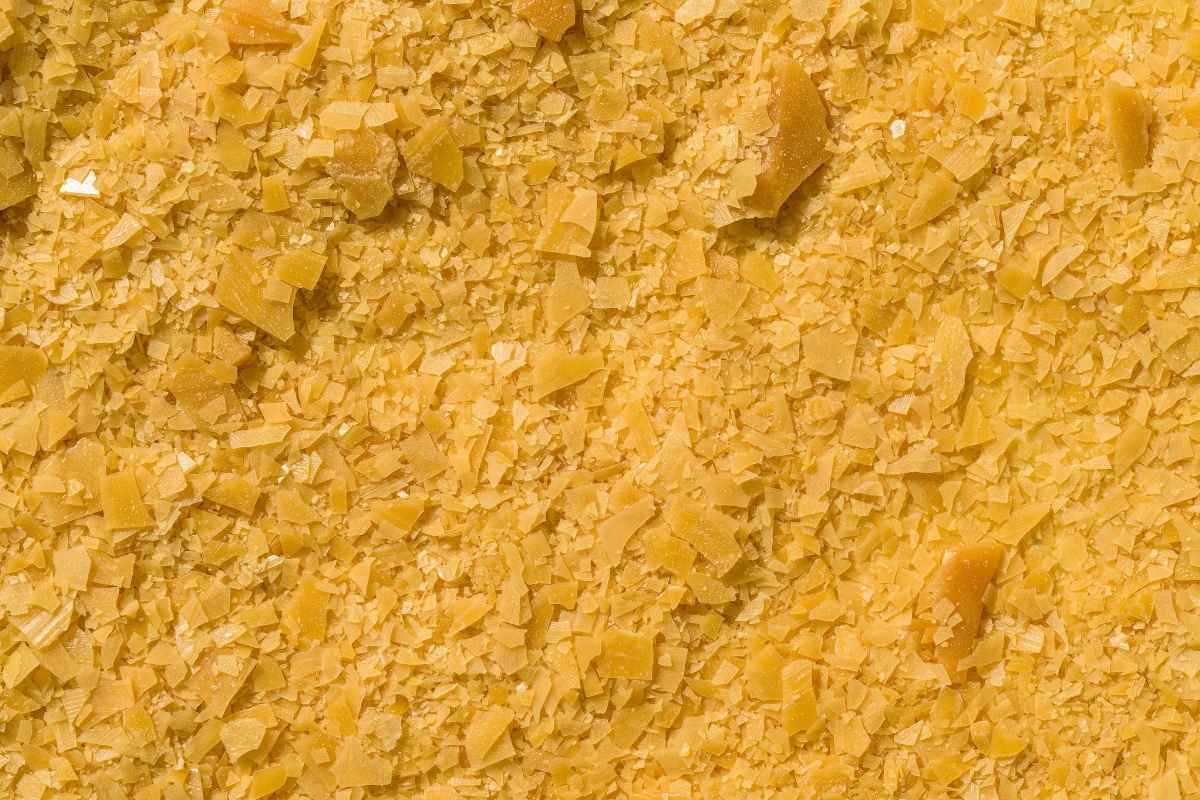
According to Islamic dietary laws, anything that comes from a plant source and does not undergo a haram (forbidden) process is considered halal (permissible).
Here’s why E 903 is halal:
1. Plant-Based Origin
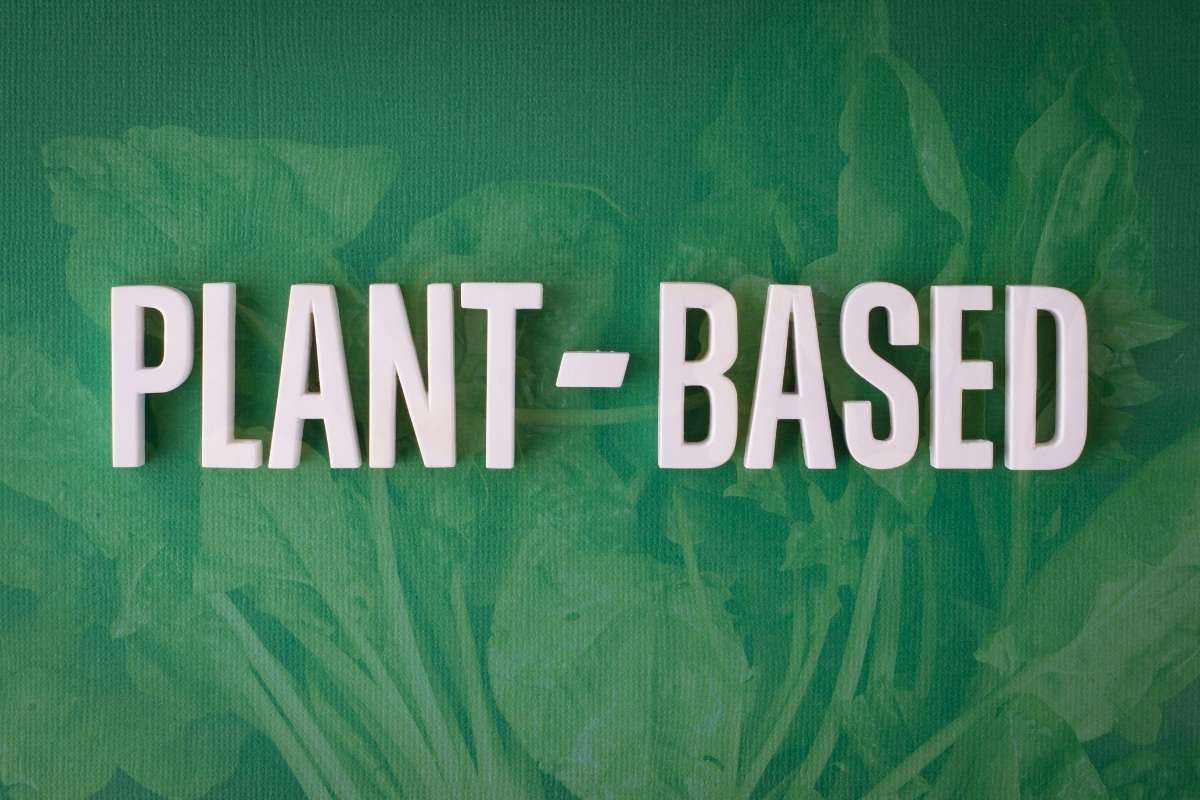
Carnauba wax is derived from the leaves of the carnauba palm tree. It is a purely plant-based wax and does not include any animal products or by-products at any stage.
This makes it naturally halal and suitable for Muslim consumers. Since it is extracted through a physical process and not a chemical transformation, it maintains its natural purity and is free from any haram elements.
2. No Haram Processing
During its manufacturing, there is no involvement of alcohol, animal fat, or enzymes that are not halal. The process is mechanical and natural, making it safe for consumption.
3. Approved by Halal Certifiers
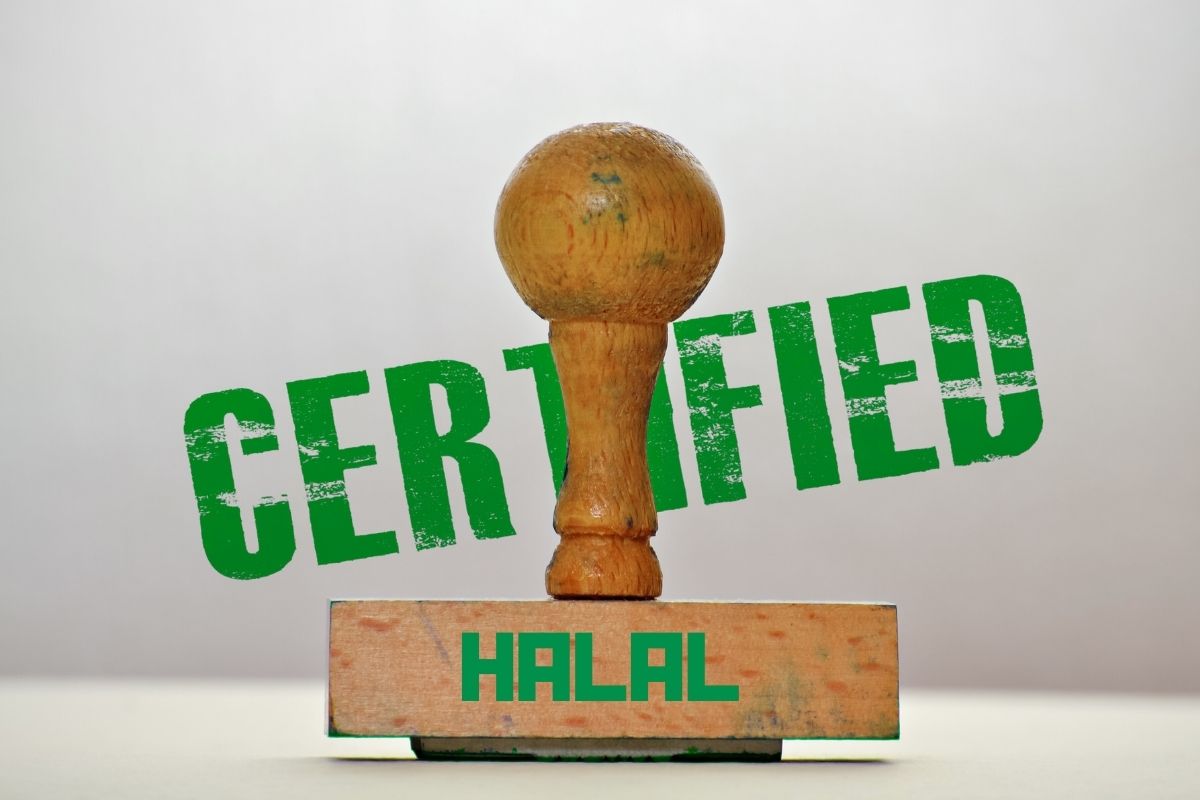
Many halal certification bodies around the world, including those in the USA, UK, and Malaysia, have classified E 903 as halal.
This means that experts have studied the source and processing of carnauba wax and confirmed it does not conflict with Islamic dietary laws. These certifications give consumers confidence that the ingredient is safe and religiously acceptable.
Some key reasons for this approval include:
- It is entirely plant-based with no animal ingredients.
- The extraction and refining process avoids haram substances.
- It is widely used in halal-certified products around the world.
4. No Animal Testing or Cruelty
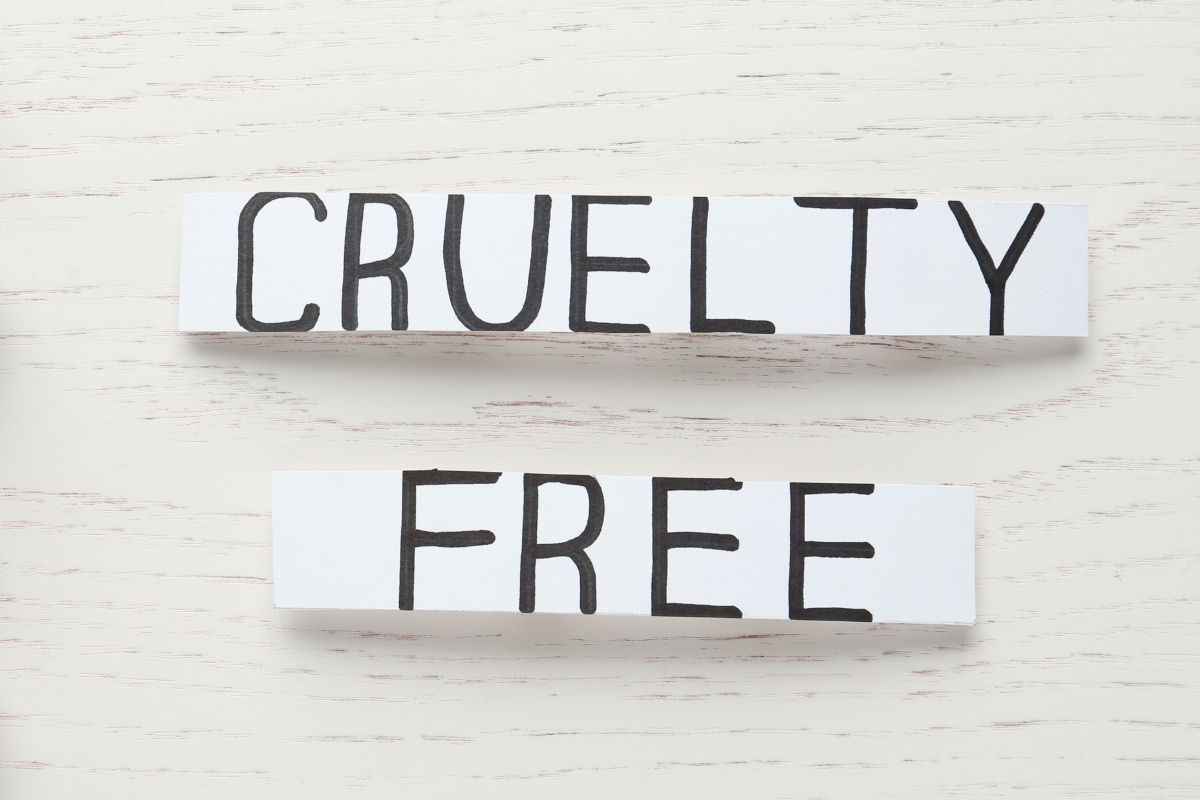
Carnauba wax is cruelty-free and does not involve animal testing, which aligns with ethical and Islamic principles of kindness to animals.
5. Used in Halal-Certified Products
It is commonly found in many halal-certified food and pharmaceutical products around the world, proving its accepted status. This wax plays an essential role in ensuring product quality without compromising Islamic values, from gummy candies to coated tablets.
Its consistent use in trusted halal brands reflects Muslim consumers and certifiers’ confidence in its purity and safety. It is preferred for its reliability, purity, and excellent performance across various applications.
6. No Nutritional Impact
The body does not absorb carnauba wax and passes through the digestive system unchanged, making it safe from a health and religious standpoint.
Scholars and Halal Authorities Opinion on this Wax
Most scholars agree that since carnauba wax comes from a plant and is used as a surface coating, it is permissible. The wax is not eaten directly in large amounts, and it does not affect the nature of the food it covers.
Trusted Halal Authorities:
- IFANCA (Islamic Food and Nutrition Council of America): Lists carnauba wax as halal.
- HFA (Halal Food Authority – UK): Approves carnauba wax in certified products.
- JAKIM (Malaysia): Recognizes E 903 as a halal food additive.
There is no fatwa (Islamic ruling) from any major scholar or halal board that labels E 903 as haram.
Is Carnauba Wax Safe for Food?
Yes, carnauba wax is considered safe for human consumption. It is non-toxic and does not accumulate in the body. Carnauba wax passes through the digestive system without being absorbed, making it ideal for use in coatings and edible films.
It has been used for decades in the food and pharmaceutical industries without any reported health risks.
It is approved by:
- FDA (U.S. Food and Drug Administration)
- EFSA (European Food Safety Authority)
- FAO/WHO Codex Alimentarius
These global food authorities allow their use in foods, cosmetics, and pharmaceuticals. There are no known harmful effects when consumed in normal amounts.
When Can Carnauba Wax Be Considered Haram?
Although Carnauba Wax (E 903) is generally halal, there are rare cases where it could become questionable or even haram:
1. If Mixed with Haram Ingredients:
If the wax is blended with alcohol, gelatin, or other haram substances during production or packaging, it may no longer be halal. These added ingredients can change the halal status of the final product and make it unsuitable for consumption.
2. Cross-Contamination:
If the equipment used to process carnauba wax is also used for haram items without proper cleaning, there could be contamination. This can happen in factories that process both halal and non-halal ingredients and fail to maintain hygiene standards.
3. Use in Non-Halal Products:
Sometimes, carnauba wax is used in coating non-halal food items or in cosmetics that contain haram elements. In such cases, the final product may not be halal even if the wax itself is.
For example, carnauba wax used to glaze non-halal candies or pills containing gelatin would not make the end product permissible.
So, while carnauba wax itself is halal, consumers should still check the full ingredient list and look for trusted halal certification to be sure.
Carnauba Wax is Halal and Safe
In the end, Carnauba Wax (E 903) is halal for us to consume. It is plant-based, processed naturally, and widely approved by Islamic halal certification bodies. It is safe, non-toxic, and used in foods, cosmetics, and medicines.
If you’re checking labels for halal compliance, you can feel confident that E 903 is a safe and permissible ingredient to consume.
Tip for Consumers: Always look for halal certification on packaged products, especially if they contain food additives. Even though E 903 is halal, it’s good to verify that the overall product is certified halal.
May Allah (SWT) guide us in making halal choices in every aspect of life.

